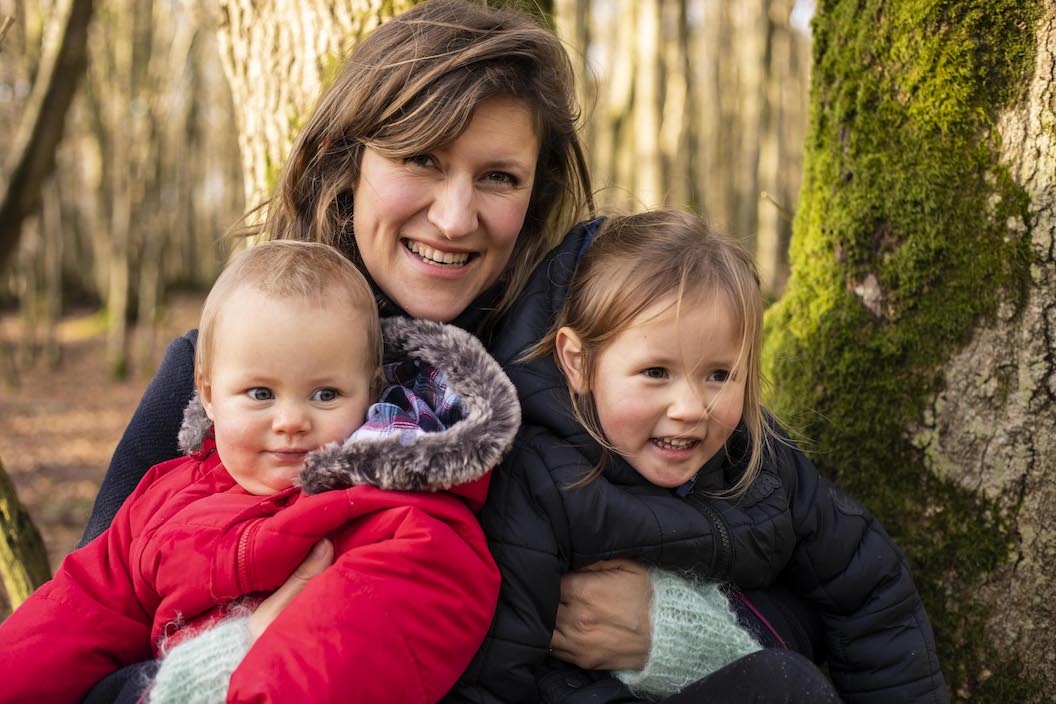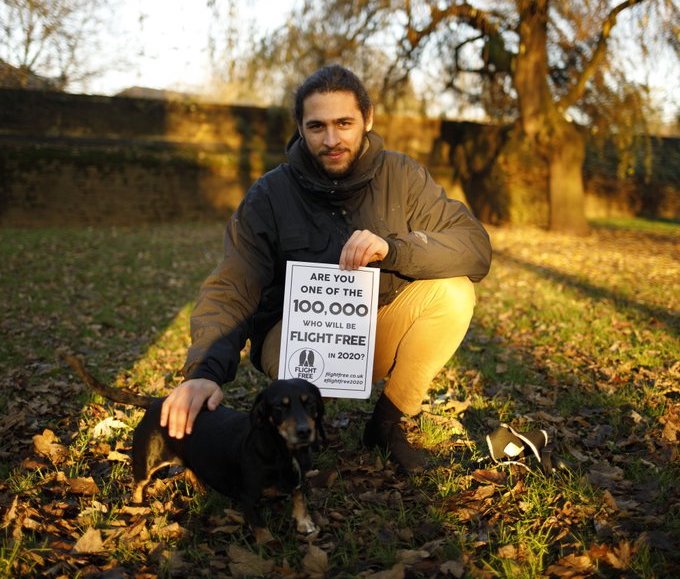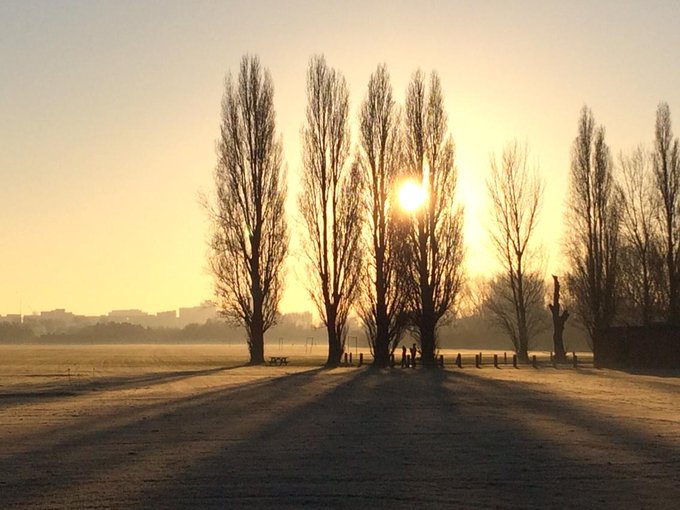
It took a long time to brace myself to write this piece.
It’s raining outside – the same chilly, clinging drizzle that we’ve endured in southern England for most of the autumn – and a couple of years ago I would have thought nothing of fleeing to Spain on a dirt-cheap short haul flight. It’s been over a year now since I got on a plane and there are no plans to break that run during 2020, but making a public pledge to eschew air travel still seems so incredibly…committing.
Part of my hesitation is job-related. I’m a travel journalist, you see. I work in an industry packed to bursting with struggling, badly paid writers, all competing for a few coveted bylines. Half of my material comes from pre-organised press trips – and press trips, even domestic ones, almost always involve flying
That’s not the whole story. I became a travel journalist because I’m in love with travel. The need I feel to move around, particularly in winter, is like a migratory urge. Put it down to nomadic genes, general malaise or itchy feet – but plenty of us suffer from it. That’s why giving up flying is probably the single most difficult step most people will make towards living a more eco-friendly lifestyle.
"Giving up flying is probably the single most difficult step towards living a more eco-friendly lifestyle. It’s also one of the most influential."
The problem is that it’s also one of the most influential. Researching an article on flygskam (‘flight shame’) last year, I spoke to Anna Hughes, director of Flight Free UK. She told me that the carbon savings I’d make by going vegan would be completely wiped out by one return flight to Bangkok. Not only that, I’d emit more CO2 taking a return transatlantic flight than I would by driving my car for a whole year. “Not everybody flies,” she said, “but for those of us who do, there’s nothing else that you would do in your life that would raise your carbon footprint so quickly.”
In between looking after two small kids and trying to push a freelance career, I’ve spent the last year campaigning with Extinction Rebellion. XR has a no blame culture. One of the founding principles is that climate change needs to be addressed through system change, not through individual choices. There’s growing evidence that governments and major corporations are attempting to shift the responsibility for climate chaos onto individuals in order to avoid acting.
I agree that large-scale change needs to be driven by corporate and governmental legislation – and yet… In Sweden, flygskam has already led to an 8% drop in passenger numbers at airports. The theory is that it’s contagious. If a friend tells you they’ve given up flying, you’re more likely to question your own travel choices. Imagine if the movement went global. Imagine how much that might cut emissions from air travel. Imagine how much pressure it would put on the aviation industry.
"The theory is that it’s contagious. If a friend tells you they’ve given up flying, you’re more likely to question your own travel choices."
Personally, I can’t handle the hypocrisy of campaigning against climate change while continuing to commit one of the biggest environmental sins out there. It’s going to be a life-changer, but I’m hoping that I won’t end up in the dole queue. Already, I’ve got a couple of plane-free press trips lined up for 2020. The PRs in charge of organising them weren’t remotely surprised when I asked to travel by train. I had the feeling that I wasn’t the first journalist to pop the question. My husband I have another plan in the pipeline too, involving an electric van, a year’s sabbatical and some cross-continental slow travel. Who knows, perhaps this no-flying business might open up some new opportunities.
I can’t promise that I’ll never get on a plane again. Perhaps my resolve will be broken by a travel lust-inducing article in a glossy magazine or an exotic YouTube video. This year, though, I’m pledging to go flight free – and I hope you will too.





